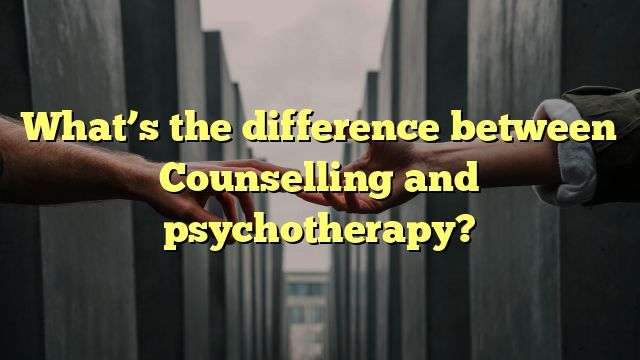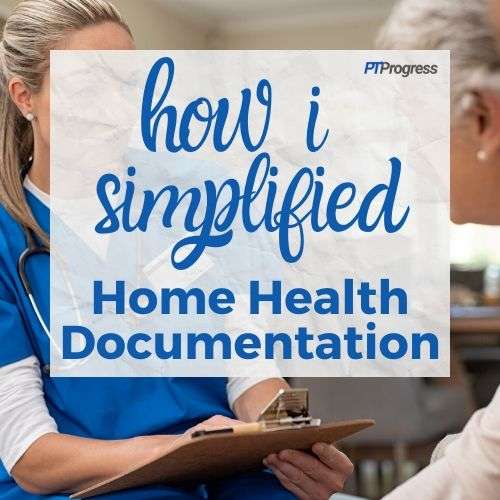What’s the Difference Between Counselling and Psychotherapy?
When it comes to talking about mental health, the terms “counselling” and “psychotherapy” are often used interchangeably. However, there are some distinct differences between them. It is important to understand these distinctions when seeking help for yourself or someone you love.
Counselling
Counselling is typically short-term, solution-focused therapy. It is often recommended for specific issues and situations, such as addiction or grief, and takes place over weeks to several months. The aim of counselling is to help the individual identify and work through current issues to achieve a positive outcome.
Counselling can take place in various settings, including private practice, hospitals, and health care clinics. It can also be conducted over the phone or online, making it more accessible for people who cannot attend in-person sessions.
Psychotherapy
Psychotherapy is a more in-depth form of therapy that often explores past issues that may be contributing to present day problems. It is typically longer-term, taking place over months or even years. The aim is to help the individual develop insight into their issues and behaviours, and to make positive changes in their life.
Psychotherapy may take place in private practice, hospitals, or health care clinics. It can also be conducted over the phone or online.
Finding the Right Help
It is important to determine which type of therapy is best suited to your needs. If you are struggling with a specific issue, then counselling may be the best option. If you want to explore more deeply the underlying causes of your issues, then psychotherapy may be more appropriate.
Your mental health is important and seeking help is a sign of strength. A qualified therapist can help you identify the best course of action for your wellbeing.
Signs You May Need Counselling or Psychotherapy
If you are experiencing any of the following signs, then counselling or psychotherapy may be helpful:
- Feeling overwhelmed or anxious
- Having difficulty concentrating or making decisions
- Difficulty sleeping or eating
- Feeling depressed or hopeless
- Having difficulty with relationships
- Experiencing flashbacks or intrusive thoughts
- Having difficulty managing emotions
- Abusing alcohol or drugs
- Having difficulty managing stress
- Experiencing feelings of guilt or shame
If any of these symptoms sound familiar, then it may be time to seek professional help. A qualified therapist can help you identify the underlying causes of your issues and develop healthy coping strategies.
Benefits of Counselling and Psychotherapy
Counselling and psychotherapy can both provide a safe space to talk about your feelings and experiences. The therapist can help you to gain insight into your issues and behaviours, and to develop strategies to manage them.
Counselling and psychotherapy can also help to reduce symptoms of depression and anxiety. It can also help to improve relationships, increase self-esteem, and enhance overall wellbeing.
Conclusion
Counselling and psychotherapy are two distinct forms of therapy. Counselling is typically short-term and recommended for specific issues, while psychotherapy is more in-depth and longer-term. It is important to determine which type of therapy is best suited to your needs.
If you are struggling with a mental health issue, then it is important to seek professional help. A qualified therapist can provide a safe space to explore your feelings and experiences, and to develop strategies to manage them. Counselling and psychotherapy can both be beneficial, helping to reduce symptoms of depression and anxiety and to improve overall wellbeing.




